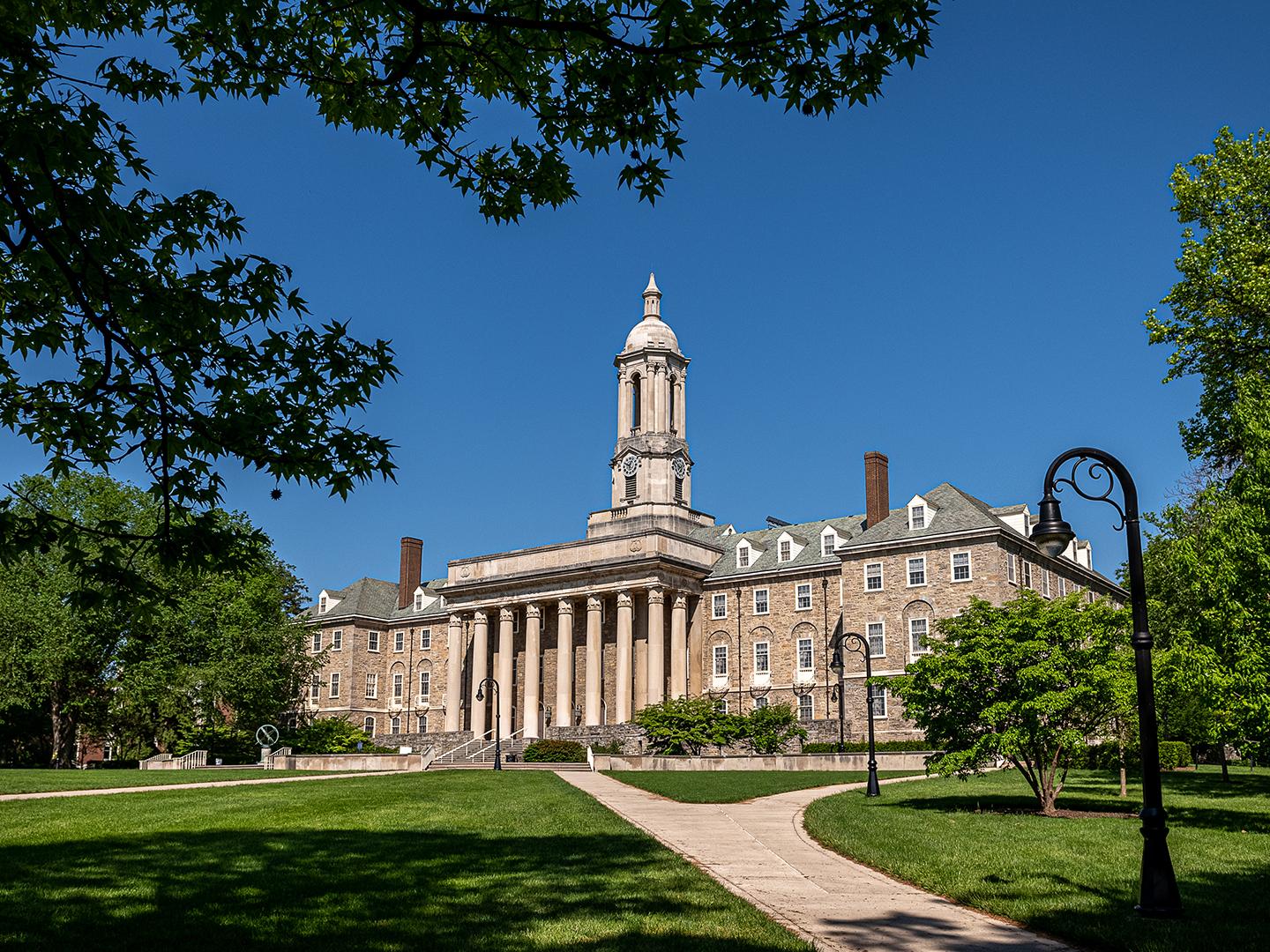UNIVERSITY PARK — On July 11, Penn State University received the news that its accreditation had been reaffirmed by the Middle States Commission on Higher Education. The ruling allows the university to continue receiving Title IV federal aid to distribute to students.
Additionally, MSCHE provided Penn State with zero recommendations for institutional adjustments or requirements going forward, which was different from the school’s previous evaluation eight years ago.
Lance Kenney-Phillips, vice provost for planning, assessment and institutional research at Penn State, said this was a notable development.
“In a report like this, it’s not unusual to receive several recommendations, like the five the University received in its last self-study evaluation in 2015,” Kenney-Phillips said in a statement from the university. “The hard work by leaders across the Commonwealth Campuses paid off and was recognized by the evaluation team.”
Retaining accreditation takes time and preparation, even for a school of Penn State’s magnitude. Every eight years, MSCHE’s evaluation team assesses what Penn State described in a statement as its “student support services, academic policies and procedures, faculty governance, institutional effectiveness and resource allocation, compliance issues, enhancing student learning, diversity and equity, budget modeling and financial planning and assessment of student learning.”
In advance of this multi-pronged evaluation, the university prepares for several months to be able to supply the proper documentation MSCHE needs to assess Penn State’s compliance with its evaluation.
After conducting the evaluation by meeting with students, faculty, academic deans, chancellors and members of the Board of Trustees, MSCHE eventually came to its recommendation-free accreditation ruling.
President Neeli Bendapudi said in a statement released by Penn State that this ruling was significant.
“Maintaining our accreditation is vital because it independently validates the work we are doing to build a sustainable budget and re-evaluating the University’s academic offerings,” Bendapudi said. “We need a strong infrastructure of policies, programs and revenue for Penn State to reach its true potential.”




